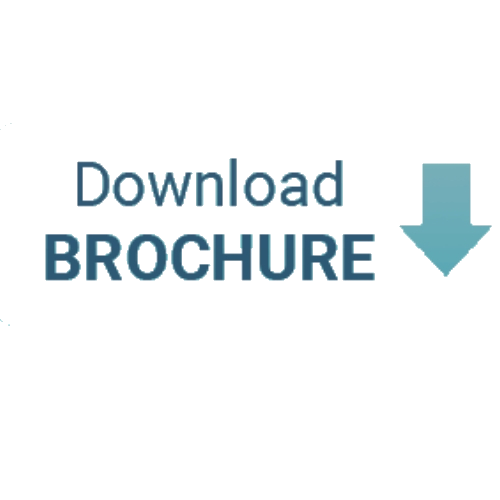
Anne Sophie Mathiesen
University of Copenhagen, Denmark
Title: Diabetes distress in vulnerable populations with type 2 diabetes – psychosocial interventions for reducing diabetes distress in vulnerable patients with type 2 diabetes - A systematic review and meta-analysis
Biography
Biography: Anne Sophie Mathiesen
Abstract
Diabetes Distress (DD) disproportionately affects vulnerable people with Type 2 Diabetes Mellitus (T2DM) and interventions targeting this population are therefore relevant. Diabetes distress is a condition potentially hindering adequate diabetes management and associated to poor adherence and glycaemic control. A systematic review and meta-analysis was performed to assess the evidence for an effect of psychosocial interventions for reducing DD and, secondly HbA1c, depression and Health Related Quality Of Life (HRQOL) in vulnerable people with T2DM. Vulnerability encompasses poor glycemic control (HbA1c>7.5%) and at least one additional risk factor for poor diabetes outcomes such as low educational level, comorbidity and risky lifestyle behavior. The interventions should be theoretically founded and include cognition- or emotion-focused elements. We systematically searched four databases for articles published between January 1995 and March 2018. Eighteen studies testing a variety of psychosocial interventions in 4066 patients were included. We adhered to the Cochrane methodology and PRISMA guidelines. Review Manager 5.3 was used for data extraction and risk of bias assessment, and Grades of Recommendation, Assessment, Development and Evaluation (GRADE) for assessing the quality of the evidence. Data were pooled using the fixed or random effects method as appropriate. We investigated effects of individual versus group, intensive versus brief interventions and interventions with and without motivational interviewing in sub-group analyses. To assess the robustness of effect estimates, sensitivity analyses excluding studies with high risk of bias attrition >20% were conducted. We found low to moderate quality evidence for a significant small effect of psychosocial interventions on DD and very low to moderate quality evidence for no effect on HbA1c, both outcomes assessed at 3, 6, 12 and 24-month follow-up. The effect on depression was small, while there was no effect on HRQOL. Exploratory subgroup analyses suggested that interventions using motivational interviewing and individual interventions were associated with incremental effects on DD. Likewise, intensive interventions were associated with significant reductions in both DD and HbA1c.

